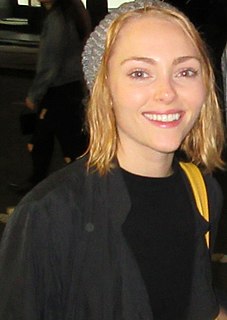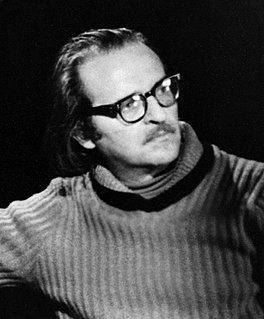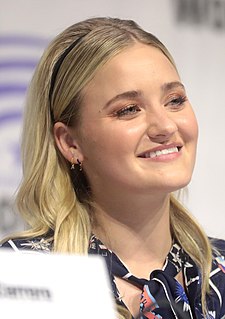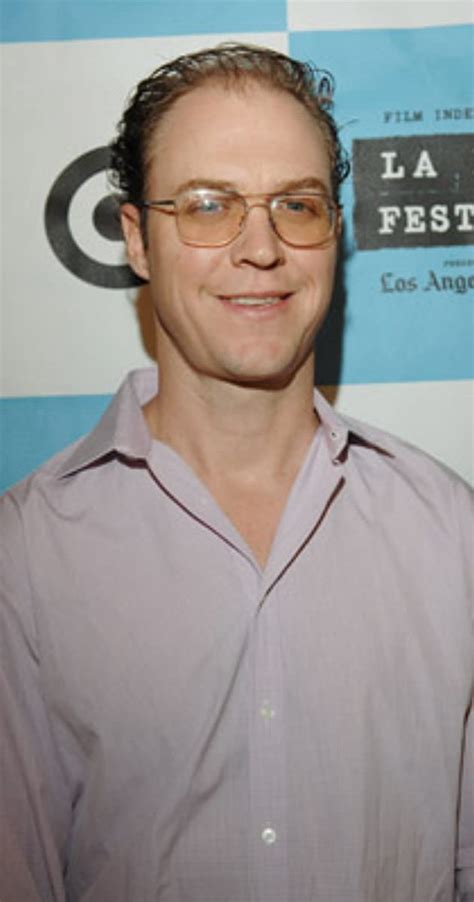A Quote by Sydney Pollack
Making a movie is a network of decisions that keep multiplying as you go. You leave a trail of decisions behind you, and that's how you start to see the shape of what you've done. When you get far enough, you turn around and say, 'Ha, that's the movie.' It's only then that you find out if it's going to work or not.
Related Quotes
I only want to do good projects. I want to make good decisions. If it's just a dumb movie, then no, I'd rather stay in school. But if it's a movie worth telling and that I think I would really benefit from, then I would like to do it. And that's one of the reasons I still live in Colorado. I love being with my family and going to school, and then when I come out to L.A., that is the time to be in the movies. People ask me the questions, I do the promotion work, then I get to go back home and live my life.
If I start to go around and look for stuff that's being written about me or about the band, chances are I'm not going to find what I'm looking for or what I'd want to be hearing. If I go out and look for it and it's out there, I'm really going to notice when it's not. And I'd hate to think that that would impact any decisions I'm making.
When I'm making a movie, it's making use of my creative juices, and it fills me up with what really is - I think my purpose here is to tell stories. When I'm not, then I really have to learn how to live life and make use of the time properly. I'm not always great at making those decisions, but when it comes to working, my time is totally taken up. I have no option except to get up early in the morning and to work on that movie and to finish. But I take that with a pinch of salt, because I also love my time off.
When I'm editing, I tend to cut, go back over it, cut, go back over it, cut, so by the time I'm done, even with a cut, I don't have a rough cut and then work on it so much. I have a pretty rigorous cut of the movie that's usually in the range of what the final movie is going to be. It doesn't mean I don't work on it a lot after that, but I get it into a shape so I feel I can really tell what it needs, or at least it's ready to show people.
I've begun to believe more and more that movies are all about transitions, that the key to making good movies is to pay attention to the transition between scenes. And not just how you get from one scene to the next, but where you leave a scene and where you come into a new scene. Those are some of the most important decisions that you make. It can be the difference between a movie that works and a movie that doesn't.
I'm going with Charlotte Rampling. In 45 Years [movie], you start out feeling so bad for her, and then it kind of shifts. I don't know how long you have to act to be able to say everything when you say nothing. The acting feels so real. It's not a fluke that a movie that probably no one's heard of, an actress performance comes out of it.
When you screen it the first couple times, you're just trying to get the movie to work, trying to get the story to flow, trying to find out where your areas are where you have enough breath to laugh a little bit. So you're doing that the first two or three screenings, and then finally, you dial the movie in and it's working, and at that point, it's 50/50 as far as what's funny and what's working. Sometimes you'll put something in and it will just die so hard that it'll almost kill the movie.
If there's a cutaway, you need to get it then because it's only going to last [a few moments]. You have to edit the movie as you're shooting it in your head and communicate with your crew about how it's going to work. While making a movie, you have the luxury of storyboards and a script and a bigger crew and actors. I mean, it's so much easier.





































